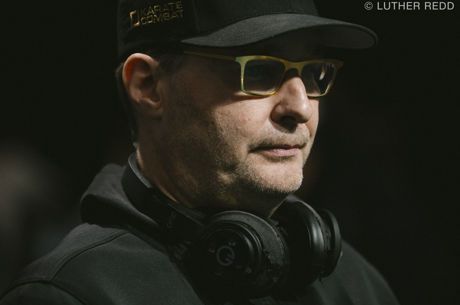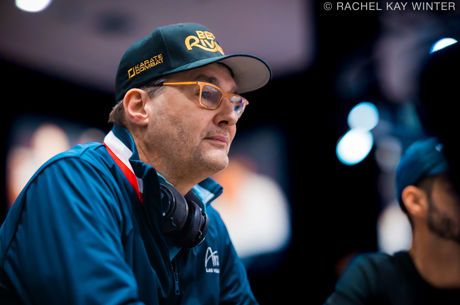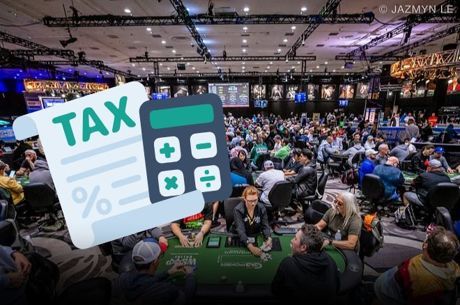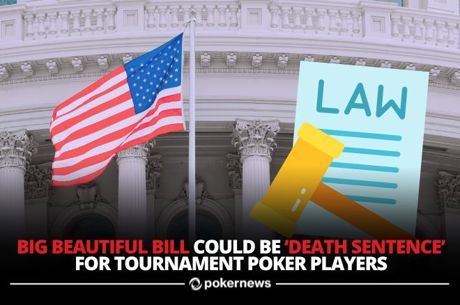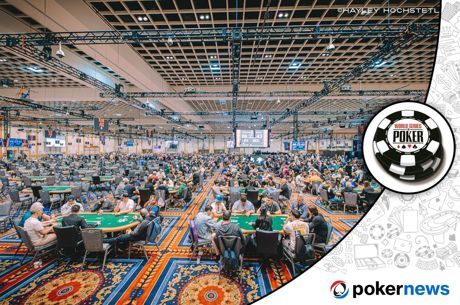NY Judge Rules Poker is a Game of Skill; Not Illegal Under Illegal Gambling Business Act

A federal court in New York ruled Tuesday that poker is a game of skill and is not illegal under the Illegal Gambling Business Act.
In conjunction with the Justice Department's opinion last November that The Wire Act does not apply to poker, Tuesday's decision backs up what poker players have been saying for the past decade — that there is no federal law that makes poker illegal.
Judge Jack Weinstein of the U.S. District Court for the Eastern District of New York made the ruling in a case against defendant Lawrence Dicristina, a New York resident who had previously been convicted of running an illegal gambling business for operating a live no-limit hold'em game. The ruling overturns his conviction.
The 120-page opinion included the following statement: "Contrary to the government's argument, chance (as compared to skill) has traditionally been thought to be a defining element of gambling and is included in dictionary, common law, and other federal statutory definitions of it. The influence of skill on the outcome of poker games is far greater than that on the outcomes of the games enumerated in the IGBA's illustrations of gambling. While a gambler with an encyclopedic knowledge of sports may perform better than others when wagering on the outcome of sporting events, unlike in poker, his skill does not influence game play. A sports bettor is better able to pick a winning team, but cannot make them win.
"In poker, by contrast, increased proficiency boosts a player's chance of winning and affects the outcome of individual hands as well as a series of hands. Expert poker players draw on an array of talents, including facility with numbers, knowledge of human psychology, and powers of observation and deception. Players can use these skills to win even if chance has not dealt them the better hand. And as the defendant's evidence demonstrates, these abilities permit the best poker players to prevail over the less-skilled players over a series of hands."
Lawyers representing the Poker Players Alliance wrote the principal briefs and presented the principal oral arguments for the case in coordination with the defendant's lawyer.
"As we worked for years defending players against vague gambling laws, we have patiently waited for the right opportunity to raise the issue in federal court," said John Pappas, executive director of the PPA. "Today's federal court ruling is a major victory for the game of poker and the millions of Americans who enjoy playing it. Judge Weinstein's thoughtful decision recognizes what we have consistently argued for years: poker is not a crime, it is a game of skill. As the judge's opinion aptly notes, poker is an American pastime that is deeply embedded in the history and fabric of our nation and his decision sets aside the notion that the vague laws render the game criminal."
A ruling from one judge will not necessarily be adopted nationally. Tom Goldstein, a lawyer who came in on behalf of the PPA to argue the issue that poker was a game of skill and shouldn't be considered gambling under IGBA, said that the district attorneys prosecuting the case indicated to the judge that they would appeal.
A judge in another district could also make a ruling contrary to Weinstein's at any time. However, Weinstein is a well-respected senior judge. He is 92 years old, appointed by President Lyndon B. Johnson in 1967. The opinion also has to be respected for its thoroughness in covering 120 pages.
"The process he went through and detail he used in issuing the decision hopefully will make this a precedent-setting decision," Goldstein said.
The case finally provided the PPA an opportunity to argue on the federal level that poker is a skill game, an opinion that has been made at the state level on several occasions. It was the perfect case because it didn't involve any other criminal charges, such as the Black Friday indictments with their bank fraud and money laundering charges, that would encourage a defendant to settle. Dicristina still originally pleaded guilty before taking back his plea and bringing the case to trial.
"It was a really gutsy call," Goldstein said. "Everyone else in the same position in other cases has pleaded guilty. He said he thought poker was a game of skill and he was going to go for it. He stuck it out, decided to fight and got rewarded."
The entire poker community will reap the benefits. The ruling will serve as justification for why online poker should be separated from other forms of Internet gambling to be licensed and regulated, which should help with a bill many expect to be offered by Sens. Harry Reid (D-Nev.) and Jon Kyl (R-Ariz.) during the lame-duck session at the end of the year.
"Part of our push for legislation has always been that poker should be separate from other forms of gambling games, and this opinion reinforces that," said Patrick Fleming, litigation support director for the PPA. "It also gives congressional representatives one more sign that the current system is too ambiguous and unclear and needs to be replaced with something simple."
Eric Hollreiser, head of corporate communications at PokerStars, issued the following statement to PokerNews regarding the ruling: “The ruling in the United States District Court for the Eastern District of New York that poker is a game of skill and not illegal gambling under the Illegal Gambling Businesses Act (IGBA) confirms the position that PokerStars has long supported. We are gratified that this is the outcome from the first time a U.S. federal court has decided whether poker is a game of skill.”
Follow PokerNews on Twitter for up-to-the-minute news.





